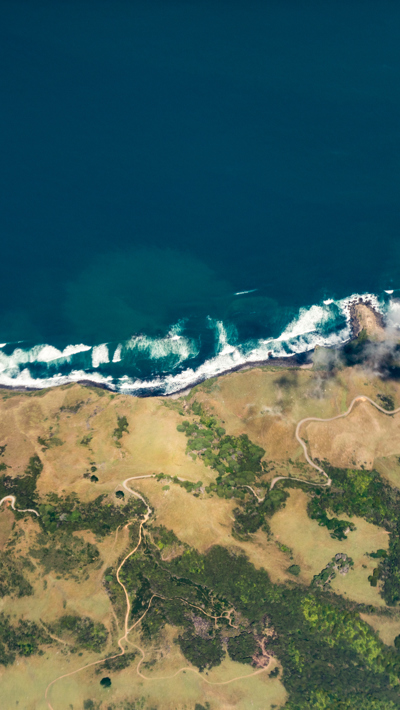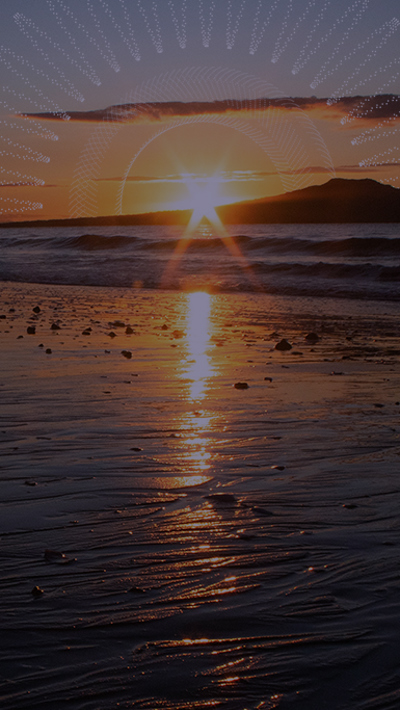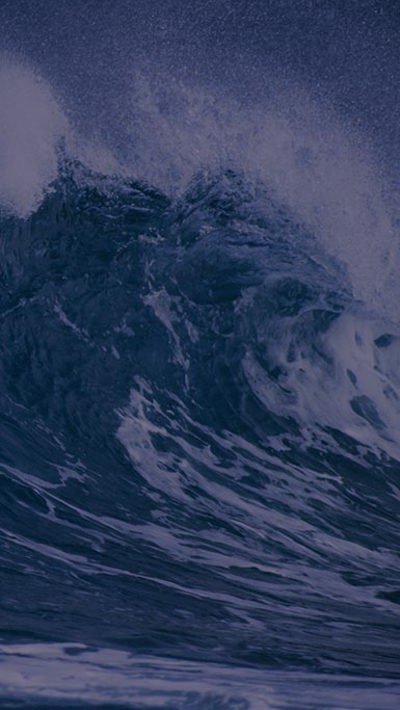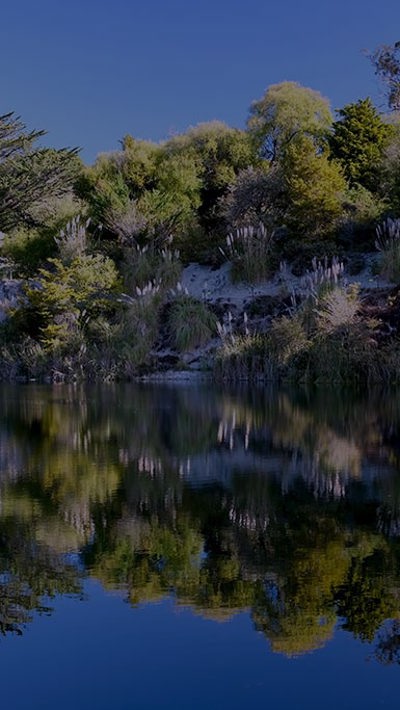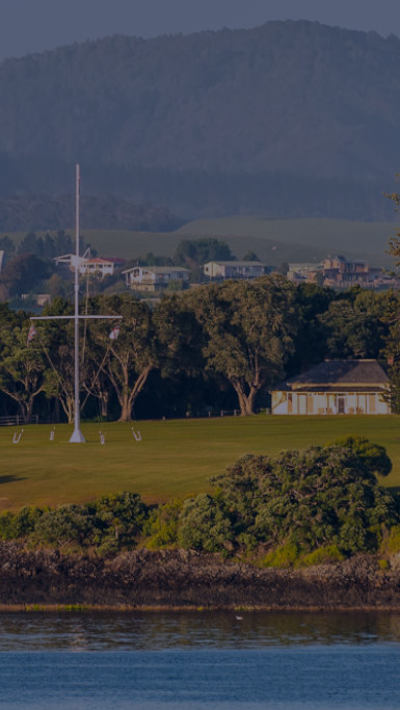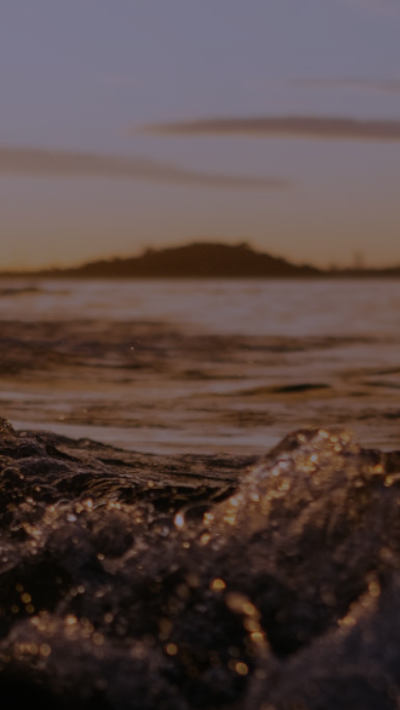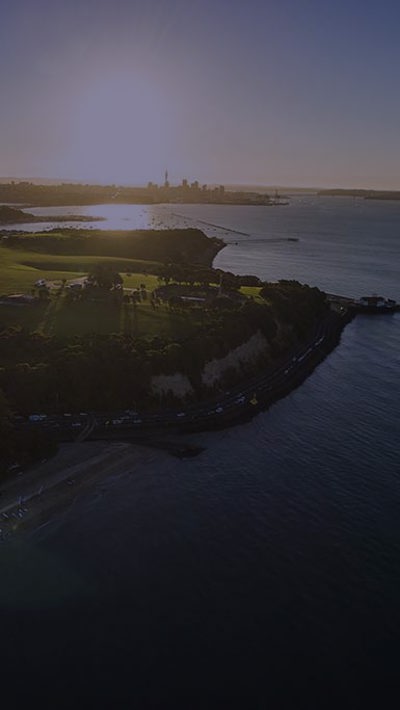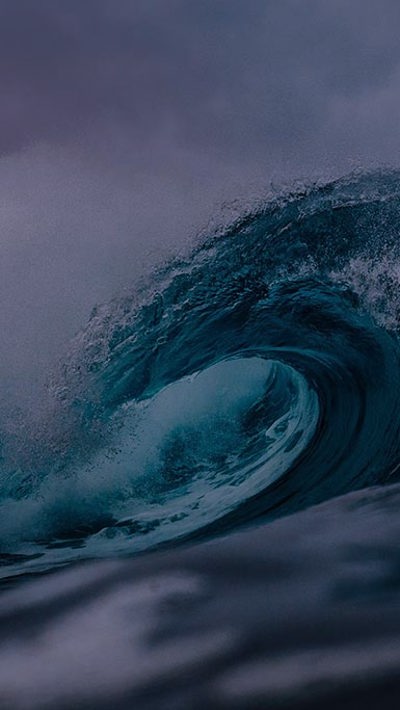Contents
Mānawa maiea te putanga o Matariki! Mānawa maiea te ariki o te rangi! Mānawa maiea te Mātahi o te tau! Mānawatia a Matariki!
Mānawatia hoki rā te huahua o ngā mate o te wā e tūwhetūrangihia rā ki kō atu i a Matariki Whanaunga Kore, ko rātou ki te pō nui, tihei wa mauri ora ki a tātou e ora tonu nei i te ao tūroa.
The origins of Matariki and its recognition as a herald of the Māori New Year are embedded in Māori philosophy and science, with links to similar traditions across the Pacific.
In traditional Māori society, Matariki was a time to unify and reconnect with whānau to:
- acknowledge the past and commemorate those who have passed on
- celebrate the present with learning, sharing and discussion, and
- plan and decide for the future, focussing on what may be on the horizon.
Matariki also aligned with the end of the harvest season. It was a time when pātaka kai (storage houses) and kumara pits were filled with food to ensure hapū survived the inevitable challenges of the oncoming winter months.
I te ao o nāianei, in modern times, those principles and practices still hold immense value and utility, particularly as Aoteraroa New Zealand, and the rest of the world, continue to confront the social and economic impacts of COVID-19.
Matariki Whakahou Whare, Matariki Whakahou Waka – this is a time to consider and perhaps reform the economic structures within which we operate, as well as the trajectory and means of travel as we voyage into the headwinds of uncertainty. Now is the time Māori businesses to draw strength from tradition, “re-stock the kumara pits”, and prepare for what’s ahead.
Te Mate o Te Wā – COVID-19
Māori were disproportionately affected by COVID-19 both economically and in relation to social and health paradigms. The high exposure to the tourism sector meant Māori business was particularly affected by the border closure. The 2021 annual report for NZ Māori Tourism has sales for Māori tourism businesses down by 26% – or $91 million – from 31 March 2020 to 31 March 2021.
These economic effects had an uneven spread across particular Māori communities and rohe – with some reporting strong growth in domestic tourism, while most operators either just got by or were forced into hibernation or closure.
Then there are the challenges which confront all businesses:
- continuing supply chain disruption
- a seemingly chronic skills shortage (also affecting many sectors)
- learning how to cope in an inflationary environment, and
- managing the various effects of climate change – from rising sea levels and more volatile weather patterns to higher carbon prices.
Although the wider economy has so far maintained a surprising resilience against the disruption created by COVID-19, the worst is likely yet to come. We don’t know how businesses which have relied on government support will cope once that support is removed. How many of the more than 4,000 SMEs which took out loans through the government-subsidised Business Finance Guarantee Scheme, for instance, will be able to renew their loan on normal commercial terms?
He aha kei tua? What lies ahead?
Although we are now getting used to living with COVID-19, that does not mean a return to still waters. Far from it. Instead, we have galloping inflation after decades of relative price stability, the slowdown in China, and the conflict over Ukraine.
Matariki is the time to check that your business is sufficiently prepared for the turbulent times ahead, to “re-stock” the kumara pit, and consider the state of your structures and strategies – Matariki Whakahou Whare, Matariki Whakahou Waka.
By way of example, many Māori business entities are either trusts or incorporated societies so will be affected by recent updates to the Trust Act and the Incorporated Societies Act. The former increases the number of mandatory and default duties on trustees and the latter introduces a range operational changes.
Alongside seeking advice to manage oncoming economic risks, re-aligning with these legislative shifts is another step Māori businesses can take to ensure their whare and waka are robust enough to survive the storm.
Tirohanga Māori – Māori Worldview
Many post-settlement iwi corporates have characteristics that provide natural ballast in tough times – a stable ownership structure, relatively healthy balance sheets, and the luxury of a long-term view.
Māori businesses generally also have the benefit of tirohanga Māori as a wind in their sails to push them through unfavourable conditions, not merely to survive, but also thrive in this generation and the next.
We encourage therefore using this time as well as Te Hararei Tūmatanui o Te Kāhui o Matariki (the new public holiday) to reconnect with whānau, friends and colleagues to reflect on the past year, as a means of preparing for the future.
Titiro whakamuri, kia anga whakamua – somewhere in our past is our destiny1
1 Translation drawn from quote by Māori women’s and land rights activist Eva Rickard: “Somewhere in my past is my destiny”.









